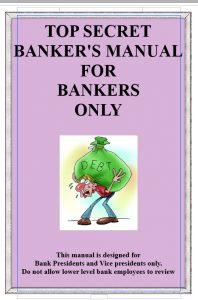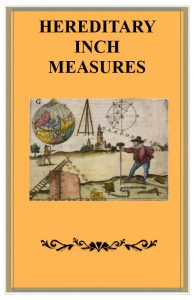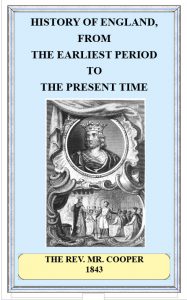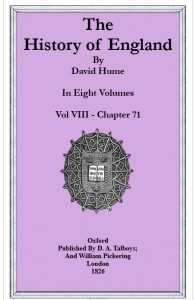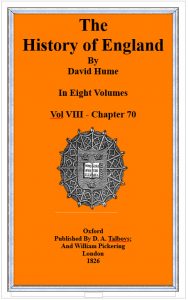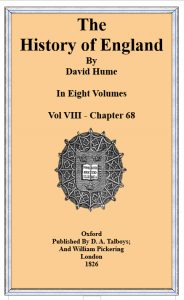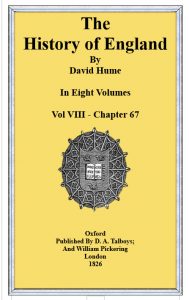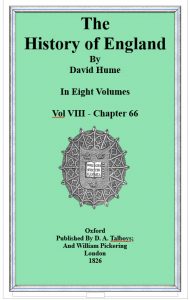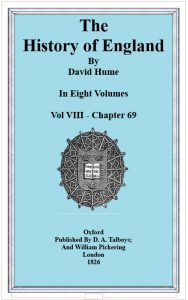
CHARLES THE SECOND.
WHEN the cabal entered into the mysterious alliance with France, they took care to remove the duke of Ormond from the committee of foreign affairs; and nothing tended farther to increase the national jealousy entertained against the new measures, than to see a man of so much loyalty, as well as probity and honour, excluded from public councils. They had even so great interest with the king as to get Ormond recalled from the government of Ireland; and lord Roberts, afterwards earl of Radnor, ‘succeeded him in that important employment. Lord Berkeley succeeded Roberts; and the earl of Essex, Berkeley. At last, in the year 1677, Charles cast his eye again upon Ormond, whom he had so long neglected; and sent him over lieu tenant to Ireland. “I have done every thing,” said the king, “to disoblige that man; but it is not in my power to make him my enemy.” Ormond, during his disgrace, had never joined the malcontents, nor encouraged those clamours which, with too much reason, but often for bad purposes, were raised against the king’s measures. He even thought it his duty regularly, though with dignity, to pay his court at Whitehall ; and to prove, that his attachments were founded on gratitude, inclination, and principle, not on any temporary advantages. All the expressions which dropped from him, while neglected by the court, showed more of good humour than any prevalence of spleen and indignation. ” I can do you no service,” said he to his friends; “I have only the power left by my applications to do you some hurt.” When colonel Cary Dillon solicited him to second his pretensions for an office, and urged that he had no friends but God and his grace:” Alas! poor Cary,” replied the duke, “I pity thee: thou could not have two friends that possess less interest at court.” “I am thrown by,” said he, on another occasion, ” like an old rusty clock; yet even that neglected machine, twice in twenty-four hours, points right.”
On such occasions, when Ormond, from decency, paid his attendance at court, the king, equally ashamed to show him civility and to neglect him, was abashed and confounded. “Sir,” said the profligate Buckingham, “I wish to know whether it be the duke of Ormond that is out of favour with your majesty, or your majesty with the duke of Ormond; for, of the two, you seem the most out of countenance.”
When Charles found it his interest to show favour to the old royalists and to the church of England, Ormond, who was much revered by that whole party, could not fail of recovering, together with the government of Ireland, his former credit and authority. His administration, when lord lieutenant, corresponded to the general tenor of his life ; and tended equally to promote the interests of prince and people, of protestant and catholic. Ever firmly attached to the established religion, he was able, even during those jealous times, to escape suspicion, though he gratified not vulgar prejudices by any persecution of the popish party. He increased the revenue of Ireland to three hundred thousand pounds a year: he maintained a regular army of ten thousand men : he supported a well-disciplined militia of twenty thousand : and though the act of settlement had so far been infringed, that Catholics were permitted to live in corporate towns; they were guarded with so careful an eye, that the most timorous protestant never apprehended any danger from them.
